Why Hiring a Lawyer to Review Your Severance Agreement is Beneficial
Severance agreements are legal contracts that outline the terms and conditions of an employee’s departure from a company. While they may appear straightforward at first glance, these documents often contain complex legal language and provisions that can significantly impact your future. Hiring a lawyer to review your severance agreement can be a valuable investment, ensuring that your rights are protected and that you fully understand the terms you’re agreeing to. Here’s why:
1. Understanding Complex Legal Language
Legal terms in a severance agreement can be challenging to interpret, especially if you’re not familiar with employment law. A severance agreement may include clauses related to non-compete agreements, non-disclosure agreements, or waiver of claims. A lawyer can break down this language into plain English, helping you understand the implications of each provision and whether they align with your best interests. Even if you understand the terms of the severance agreement, a lawyer can help you understand why the provisions are included and the long-term implications of them on any potential claims you might have against the company you’re leaving from or how they could impact your future, including at your next employer.
2. Ensuring Fair Compensation
Severance packages often include financial compensation, benefits continuation such as health insurance, and other perks. However, the amount offered may not always be fair or commensurate with your role, tenure, or the circumstances of your departure. For instance, if you’ve worked for a company for 15 years and they’re offering you only two weeks of severance pay, a lawyer can assess whether this is reasonable and negotiate for better terms if desired. In addition, a lawyer can help you evaluate your departure from your employer to assess whether you have potential legal claims against the company that you’re separating from, which could impact the value of the severance package as well.
3. Protecting Your Future Employment Opportunities
Many severance agreements include restrictive covenants such as non-compete or non-solicitation clauses. These provisions can limit your ability to work in your industry or for certain competitors for a specified period. Imagine you’re a software developer, and your agreement prohibits you from joining any tech company in the region for a year. A lawyer can evaluate the enforceability of these clauses and advise you on how they may affect your career plans.
4. Preserving Legal Claims
By signing a severance agreement, you may waive your right to bring legal claims against your employer, including claims for wrongful termination, discrimination, or unpaid wages. For example, if you believe you were let go because of age discrimination, a lawyer can help you identify whether you have a valid claim and advise you on whether waiving these rights is in your best interest when considering the terms of the severance package you have been offered.
5. Tailoring the Agreement to Your Needs
Every employee’s situation is unique, and a one-size-fits-all severance agreement may not address your specific needs. For example, if you’re concerned about maintaining health insurance coverage while you search for a new job, a lawyer can help negotiate for an extension of COBRA benefits. Or, if you want assurance of a positive or at least a neutral reference, they can talk through your options about how to try to negotiate that into the agreement. They can also help to account for your specific circumstances when considering the terms of the severance agreement, including the reason for your departure, your experience at the company, and any legal claims you might have.
6. Minimizing Stress During a Difficult Time
Losing a job is often an emotionally and financially stressful experience. Reviewing a legal document under these circumstances can feel overwhelming. A lawyer’s expertise and objective perspective can provide peace of mind, allowing you to feel confident that you have fully considered the severance package that has been offered to you before signing. A lawyer can also help you negotiate the terms of the severance agreement in the event you believe they are not fair as offered and believe negotiation is in your best interests after considering the benefits and risks for doing so.
Conclusion
While it may be tempting to sign a severance agreement quickly to move on, doing so without a thorough review can have long-term consequences. A lawyer experienced in employment law can provide critical insights, advocate for your interests, and ensure that you’re making an informed decision. Our lawyers are experienced in helping employees evaluate severance agreements, so please reach out to us if you think we may be able to help you.


